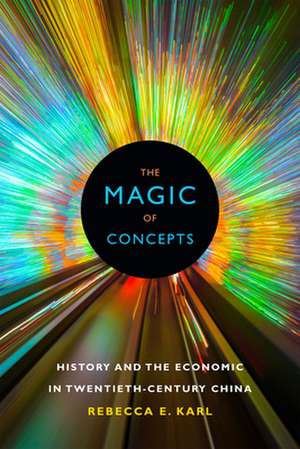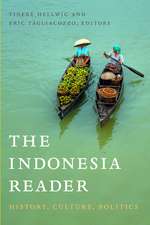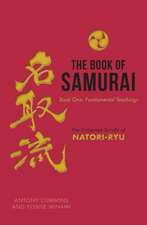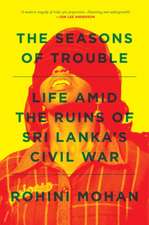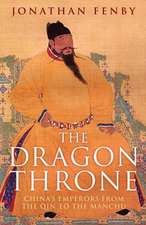The Magic of Concepts – History and the Economic in Twentieth–Century China
Autor Rebecca E. Karlen Limba Engleză Paperback – 2 mar 2017
| Toate formatele și edițiile | Preț | Express |
|---|---|---|
| Paperback (1) | 237.47 lei 6-8 săpt. | |
| MD – Duke University Press – 2 mar 2017 | 237.47 lei 6-8 săpt. | |
| Hardback (1) | 709.50 lei 6-8 săpt. | |
| MD – Duke University Press – 2 mar 2017 | 709.50 lei 6-8 săpt. |
Preț: 237.47 lei
Nou
Puncte Express: 356
Preț estimativ în valută:
45.45€ • 47.09$ • 37.93£
45.45€ • 47.09$ • 37.93£
Carte tipărită la comandă
Livrare economică 22 martie-05 aprilie
Preluare comenzi: 021 569.72.76
Specificații
ISBN-13: 9780822363217
ISBN-10: 0822363216
Pagini: 232
Dimensiuni: 187 x 230 x 16 mm
Greutate: 0.32 kg
Editura: MD – Duke University Press
ISBN-10: 0822363216
Pagini: 232
Dimensiuni: 187 x 230 x 16 mm
Greutate: 0.32 kg
Editura: MD – Duke University Press
Cuprins
Preface and Acknowledgments ix
Introduction. Repetition and Magic 1
1. The Economic, China, World History: A Critique of Pure Ideology 19
2. The Economic and the State: The Asiatic Mode of Production 40
3. The Economic as Transhistory: Temporality, the Market, and the Austrian School 73
4. The Economic as Lived Experience: Semicolonialism and China 113
5. The Economic as Culture and the Culture of the Economic: Filming Shanghai 141
Afterword 160
Notes 167
Bibliography 199
Index 213
Introduction. Repetition and Magic 1
1. The Economic, China, World History: A Critique of Pure Ideology 19
2. The Economic and the State: The Asiatic Mode of Production 40
3. The Economic as Transhistory: Temporality, the Market, and the Austrian School 73
4. The Economic as Lived Experience: Semicolonialism and China 113
5. The Economic as Culture and the Culture of the Economic: Filming Shanghai 141
Afterword 160
Notes 167
Bibliography 199
Index 213
Notă biografică
Descriere
Rebecca E. Karl interrogates the concept and practice of "the economic" as it was understood in China in the 1930s and the 1980s and 90s, showing how the use of Eurocentric philosophies, narratives, and conceptions of the economic that exist outside lived experiences fail to capture modern China's complex history.
